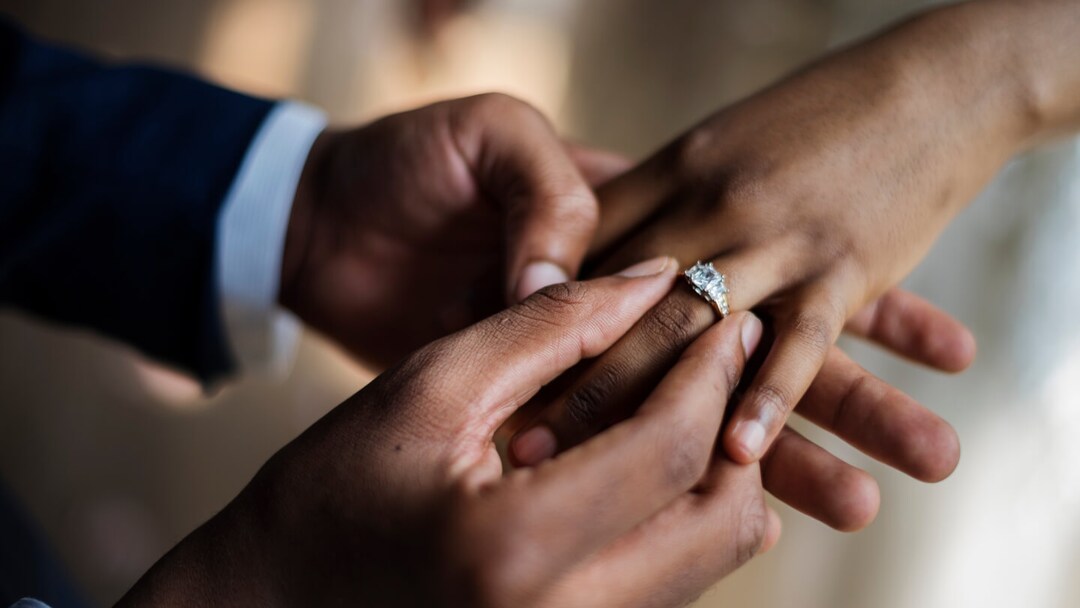What if you get married but not in the tax year required for FAFSA®?

Senior Associate, JPMorgan Chase

The Free Application for Federal Student Aid (FAFSA®) uses the information on your tax return from two years earlier when calculating your income and Student Aid Index (SAI). For example, the 2024-25 FAFSA® asks for income information from your 2022 tax return.
If you’re currently married, when you fill out the application, you’ll want to reflect that in your answer.
Your marital status can affect your income as reported on the FAFSA®, and the FAFSA® needs this information to determine your eligibility accurately.
Additionally, if your marital status is “married,” information about your spouse's income and assets is required on the FAFSA® application, even if it’s not reflected on your tax returns. You must invite your current spouse to report their 2022 tax information on your FAFSA® form as a contributor.
Here’s where things can get confusing — the tax year reflected on your FAFSA® may not reflect your current marital status.
If you recently got married (or divorced), there are some key things to keep in mind.
FAFSA® eligibility for married students
First, let’s cover the basics: Married students may be eligible for federal financial aid through the FAFSA®. However, it’s important to note that your marital status can impact how much aid you receive. One of the most significant impacts that being married can have is you’ll not be considered a dependent student.
Dependent students
When you’re a dependent student, you include information about your parents on your FAFSA®. The amount of aid you receive depends partly on their financial situation and how much the Department of Education believes they can contribute to your education.
Independent students
When you get married, you immediately become an independent student, and you don’t include your parents’ information on your FAFSA®, with a few exceptions. If you’re a law school or health professional student, you may still need to fill out your parents’ information, even if you’d otherwise qualify as an independent student. However, you must include your spouse’s information on your FAFSA® as well.
This might be beneficial if you’re a younger married couple with few assets. However, if you have assets together and your combined income is high, there’s a chance you’ll be offered less aid in this scenario. It really depends on your individual situation.
Common FAQs about the FAFSA® and marital status
Now that you have an understanding of how your marital status impacts your FAFSA®, let’s cover common questions on this topic, including if you get married but not in the tax year required by FAFSA®.
Do I have to tell FAFSA® I got married?
The FAFSA® asks for your marital status as of the day you’re filling the form out. Each year, a portion of FAFSA® applicants are selected for verification. The verification process aims to confirm that the information submitted is correct and accurately represents your financial situation.
Does FAFSA® check if you’re married?
The verification process is how FAFSA® may check if you’re married. While students are typically randomly selected for verification, there may be times when FAFSA® selects students after reviewing the application if additional questions come up or more information is needed. That’s why it’s best to answer the questions accurately the first time. By doing that, hopefully you can potentially avoid lengthening the processing time if you're selected for verification.
How does being married affect FAFSA®?
When you get married, the FAFSA® uses both your financial information and your spouse's financial information to determine your eligibility for financial aid. That information includes income and shared assets.
These combined assets will help determine your financial aid eligibility and award amount. Sometimes, this will result in more financial aid than a dependent student would receive. In other scenarios, it could result in less aid.
It’s best to talk to a financial advisor or your school’s financial aid office to determine how your marital status may affect your aid.
Can I change my FAFSA® if I get married?
If the FAFSA® year hasn’t closed, you can speak to the financial aid office at your school about updating your marital status. They may require your marriage certificate as proof of the change. A change in dependency status must be updated on the FAFSA® unless the dependency status change is due to a change in marital status. It really comes down to your school as to whether or not it’s required to update your dependency status based on the change to your marital status. This usually comes down to if “the update is necessary to address an inequity or to reflect more accurately the applicant’s ability to pay.”
You might not be able to update your status if you’re halfway through the school year, though. However, you can update it when filling out the FAFSA® for the next school year.
What if I get married after filing the FAFSA®?
If the FAFSA® is still open for the school year, you can update the information submitted on the application. You’ll need to go back and edit the financial section with your spouse's financial information.
If you’ve filed your FAFSA® and the current year is closed or more than halfway through, it’s likely you can’t update the information. It’s best to reach out to the financial aid office at your school to see if there are steps you need to take or ways to change the information.
Final thoughts
Navigating the financial aid process after getting married can be confusing. If you have questions, it’s best to contact your school's financial aid office. They’ll help you navigate how best to handle this major life change and help make sure that you’re able to get the federal financial aid you’re eligible for.



